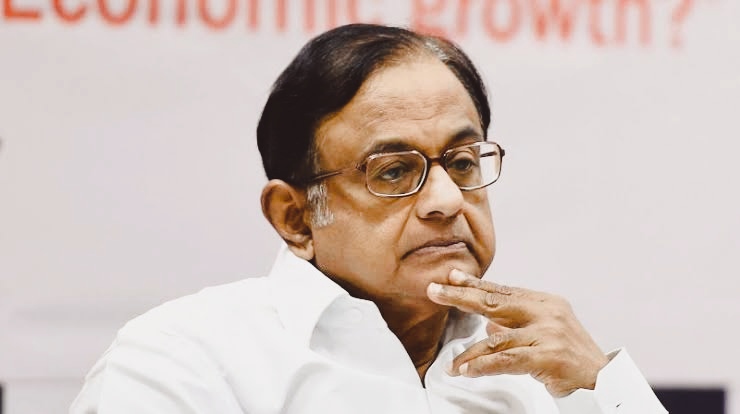In a country as diverse and complex as India, the empowerment of women has always been a topic of paramount importance. Recently, the spotlight has once again shifted to this issue with the introduction of the Women’s Reservation Bill, now named “Nari Shakti Vandan Adhiniyam.” This move not only reflects a significant step towards gender equality but also rekindles a long-standing debate.
The Women’s Reservation Bill has its roots in the political landscape of India, and the recent comments by Assam Chief Minister Himanta Biswa Sarma have reignited the discussion. Sarma’s assertion that the bill was originally proposed by the Congress party but couldn’t pass due to opposition from their own allies raises questions about the political will behind women’s empowerment.
While it’s true that the bill’s history has been fraught with challenges and obstacles, it’s crucial to recognize the essence of the legislation. The Women’s Reservation Bill seeks to reserve 33 percent of seats for women in the National Capital Territory of Delhi, a move that can significantly impact the representation of women in the political sphere. It’s a powerful tool for bridging the gender gap in politics and ensuring that the voices of women are heard and considered.
The bill’s introduction in the Lok Sabha, with discussions scheduled for the near future, brings hope for its eventual passage. Prime Minister Narendra Modi’s commitment to women’s empowerment through this legislation is a commendable step forward. By reserving one-third of all seats for women in the Lok Sabha and state legislative assemblies, PM Modi is acknowledging the vital role that women play in shaping the nation’s destiny.
The significance of the Women’s Reservation Bill extends beyond the political arena. It symbolizes a broader societal shift towards recognizing and valuing women’s contributions in all fields. Empowering women politically not only ensures better representation but also paves the way for more inclusive policies and decision-making.
However, it’s crucial to acknowledge that the bill’s journey has not been without its share of critics and detractors. Some argue that reservations might not be the ideal solution and that merit should be the sole criterion for political representation. While merit should always be a consideration, it’s important to understand that systemic biases have historically hindered women’s participation in politics. The bill acts as a necessary corrective measure to rectify this imbalance.
In conclusion, the Women’s Reservation Bill, now “Nari Shakti Vandan Adhiniyam,” is a significant step towards empowering India’s women and rectifying gender imbalances in politics. It is not just a matter of political ideology but a reflection of a society that values equality and inclusivity. The upcoming discussions in the Lok Sabha and Rajya Sabha hold the promise of a brighter, more equitable future for Indian women, one where their voices resonate in the highest echelons of power.





